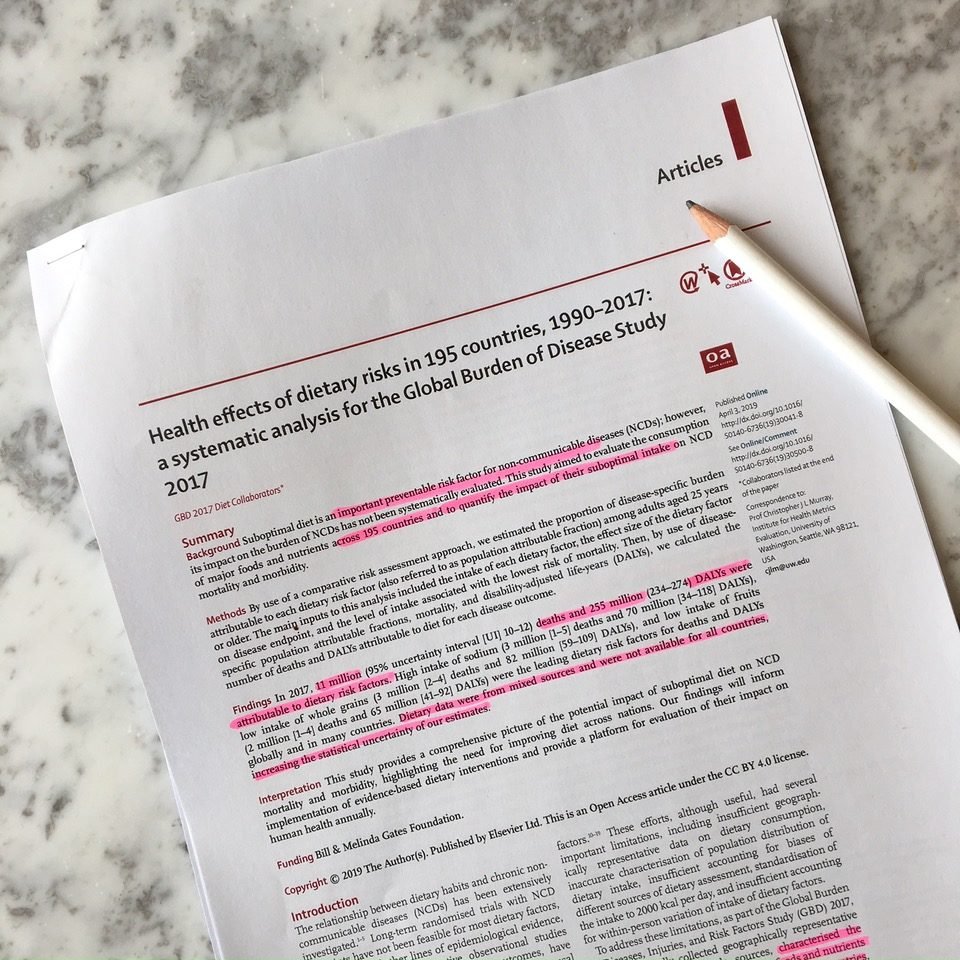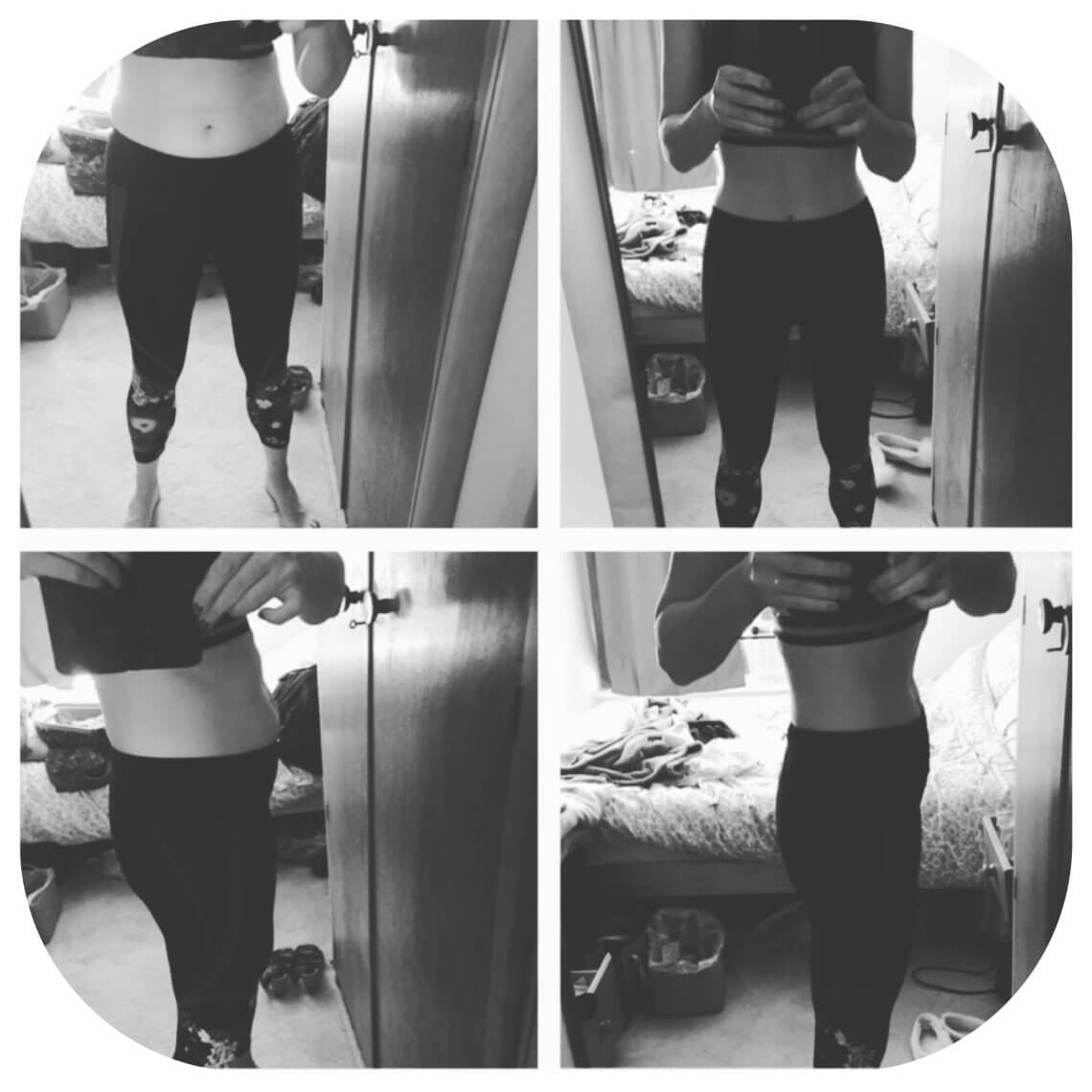Are you eating to extend your life? 5 Things you can do to boost longevity
Looking to optimise your health and extend your life?
We have some great tips on how to optimise your diet and health for the long run - subscribe to our newsletter below

A new Lancet study was published recently stating that dietary choices are one of the most important modifiable lifestyle factors. These factors influence the risk of developing chronic diseases such as heart disease, type 2 diabetes and cancer. Nothing new here!
The study found that one in five deaths worldwide (between 1990 and 2017) were related to having a ‘suboptimal diet’. They suggested this is more than any other health risk factor including smoking tobacco. Regardless of age, socioeconomic status, location or sex.
The researchers defined a ‘suboptimal diet’ as one that is high in nutrient-poor foods and low in nutrient-rich foods. The study investigated 15 foods and nutrients including:
- Fruits
- Vegetables
- Legumes
- Whole-grains
- Nuts/seeds
- Meats
- Sugar-sweetened drinks
- In addition to individual nutrients like fibre, calcium, omega-3 fats, and sodium
They observed a low intake of nutrient-rich foods such as whole-grains, nuts, seeds, fruit and vegetables and an increase in the consumption of nutrient-poor foods such as sugar-sweetened beverages, processed meat and red meat on a global scale. A key point being they observed.
However, it’s important that we’re cautious in how we interpret this piece of research. The findings were all based on observational studies, which are unable to prove that diet causes illness or death. So can we really say poor diets are worse for us than tobacco? Probably not. Furthermore, the study did not measure all lifestyle factors that may have played a role in the development of disease, such as being sedentary or having excessive alcohol consumption.
Take home message:
This study reinforces that overall dietary patterns are more important when it comes to long-term health than looking at single foods. Our method at Louise Parker encourages our clients to do just that. Our method leans towards whole-grains, fruits, vegetables, nuts and seeds. We concentrate on foods to have more of, rather than foods to eliminate.
Some examples include:
- Opting for whole-grains at breakfast (e.g. whole-grain bread or oats)
- Having nuts and seeds as a mid-morning or mid- afternoon snack
- Replacing some meat with plant-based proteins (e.g. adding lentils to a Bolognese).
5 TOP LP TIPS
- Opt for more whole-grains – they are jam-packed with fibre and B vitamins!
- Up the vegetables in your meals and snacks (and some fruit) – they are loaded with vitamins, minerals and dietary fibre.
- Add a few nuts or seeds to your snacks – a great source of polyunsaturated and mono unsaturated fats.
- Try some plant-based protein – Meat-Free Monday is a great way to try some pulses, beans and chickpeas.
- Spice things up with herbs and spices. This can be an effective way to reduce the amount of salt used in cooking.
References
GBD 2017 Diet Collaborations (2019). Health effects of dietary risks in 195 countries, 1990-2017: A systematic analysis for the Global Burden of Disease Study 2017. Lancet.
Estruch et al. (2013). Primary prevention of cardiovascular disease with Mediterranean diet, New England Journal of Medicine, 368:1279-1290.
National Heart, Lung, and Blood Institute (NIH). DASH Eating Plan, Retrieved April 5, 2019. https://www.nhlbi.nih.gov/health-topics/dash-eating-plan
& More
Receive 10 free recipes to your inbox!
Sign up and we will send you 10 free recipes




